
An employee works at a semiconductor production line in Lanxi, Zhejiang province, on Friday. (HU XIAOFEI/FOR CHINA DAILY)
China has no choice but to take some countermeasures against attempts by the United States to contain its rise, experts said, though they added that the world's two largest economies must avoid relations from spiraling down as that will only harm everyone.
The comments came on the heels of recent reports by Western media outlets of a plunge in Chinese exports of gallium and germanium — two critical chipmaking minerals — to the U.S., following repeated moves by the U.S. to restrict China's electric vehicle, chip and biomedicine industries.
For instance, a U.S. bill recently proposed to bar federal contracts to some Chinese biotech enterprises, including WuXi AppTec, part of the WuXi group of companies that provide research and development as well as manufacturing services in the pharmaceutical and biotech industries.
Shares of Shanghai-listed WuXi fell last week at the news reports, which also triggered concerns over broader unilateral U.S. sanctions against Chinese high-tech firms.
U.S. President Joe Biden also said recently that he "won't let" China dominate the electric vehicle market.
"China's export controls on gallium and germanium are only meant to protect its national security and interest, following internationally accepted and transparent principles," said Zhou Mi, a senior researcher at the Chinese Academy of International Trade and Economic Cooperation, which is affiliated with the Ministry of Commerce.
"We have to take such measures as the U.S. bill as protectionist behavior by some countries to curb our development in the semiconductor sector has caused uncertainties to the sector's supply chain stability globally."
Recent moves by the U.S. target specific Chinese market entities and China's emerging and competitive industries, once again demonstrating its long-term protectionist and double-standard approach, he said.
The abuse of its powers will cause disorder and uncertainties in global cooperation, especially in the chip, EV and biotech industries, while harming the U.S.' own reputation and position in global trade and investment, he added.
Zhang Yansheng, chief researcher at the China Center for International Economic Exchanges, said if China wants to take tit-for-tat measures, export curbs on key minerals are handy, because the nation is a major supplier of key minerals, including rare earths.
"But that will only cause greater harm to everyone, and China wants no trade war but only wants to focus on its own development," he said.
Against the backdrop of U.S. attempts to contain China's rise with export curbs on chips and investment restrictions in high-tech areas, China has no choice but to take some countermeasures, which is rational and in line with international practices, he said.
However, disputes and frictions with respect to technology and trade between the world's two largest economies will only harm each other and the global economy, leading countries such as South Korea and Japan to suffer from plummeting chip sales to China, he said.
"It could only get worse if the U.S. continues to contain China's sci-tech development under the excuse of national security," Zhang said.
"The two countries should sit down and solve their disputes through heart-to-heart negotiations, or at least try to prevent things from getting worse," he added.
China started to impose export restrictions on industrial products and materials containing gallium and germanium from Aug 1.
The Ministry of Commerce said implementation of the export controls was a cautious and moderate move, and was not targeted at any specific country.
Tu Jian, assistant sales director of Qiandong Rare Earth Group Co Ltd, a private rare earth processor in Ganzhou, Jiangxi province, said he hoped market mechanisms, rather than political considerations, would dominate global trade and bring benefits for healthy industrial development.








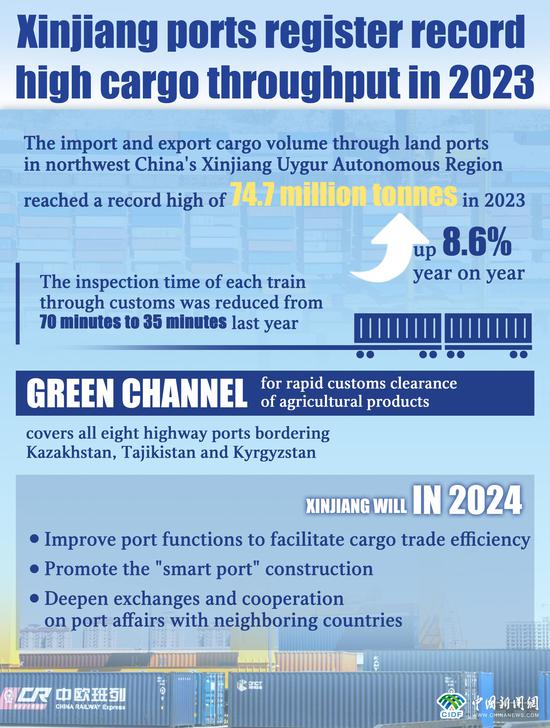
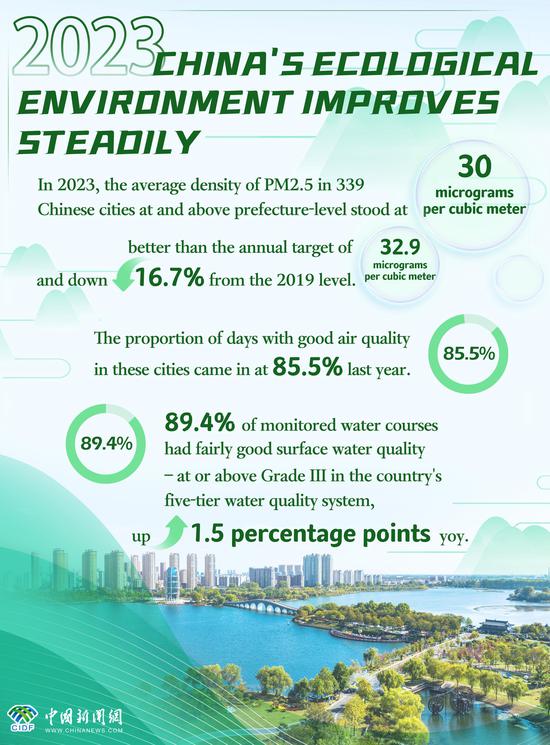







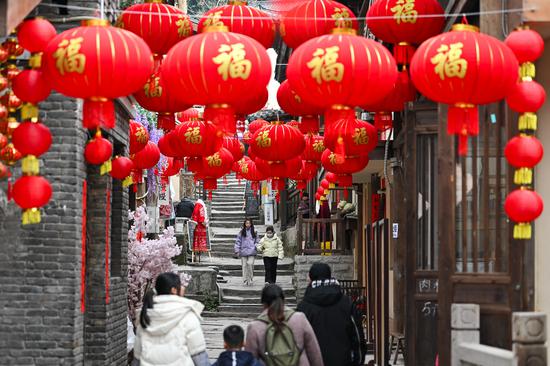

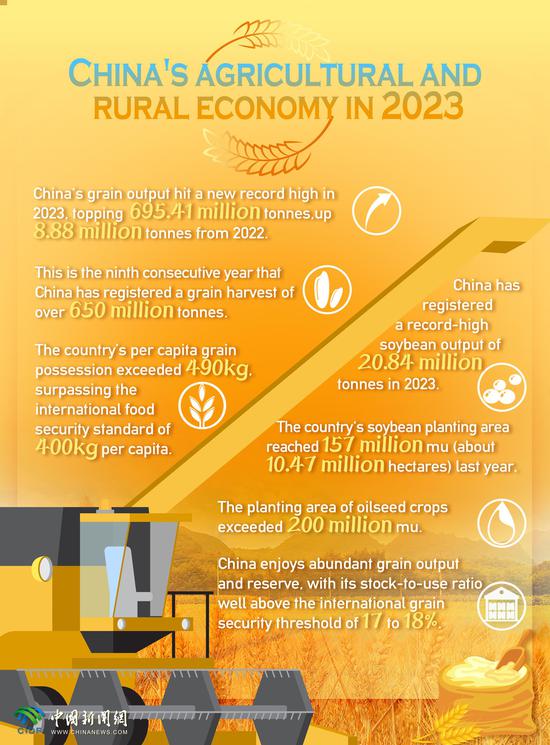


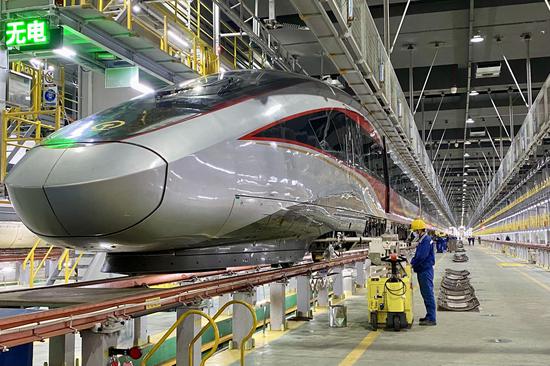





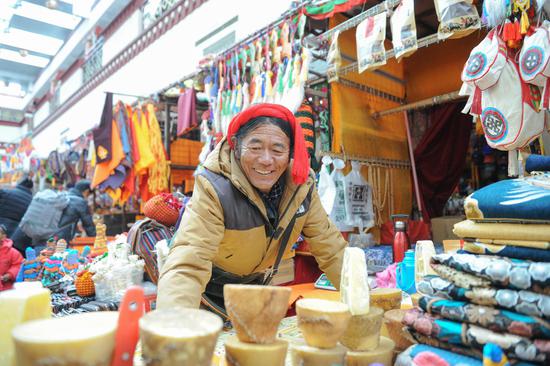

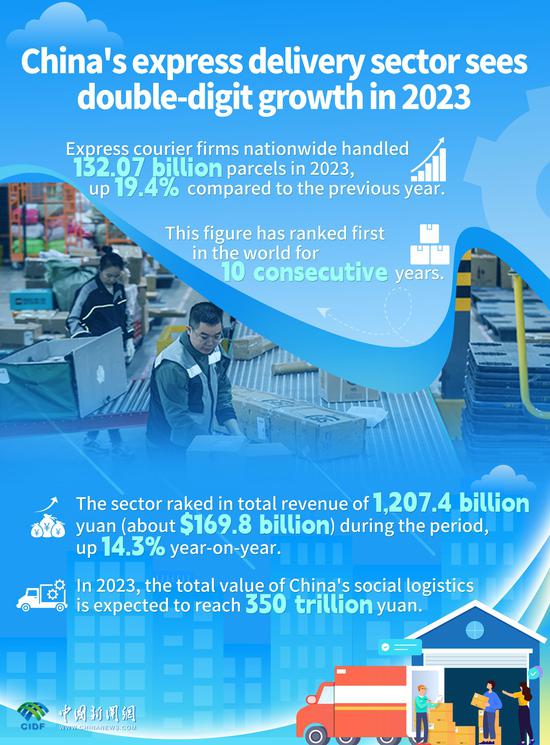
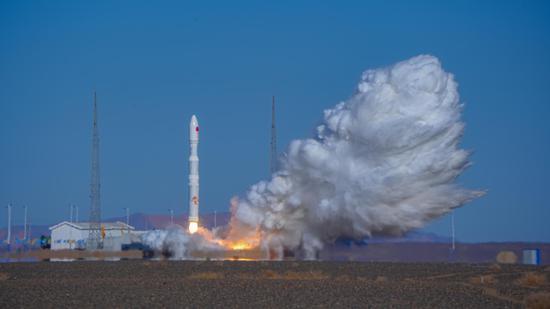




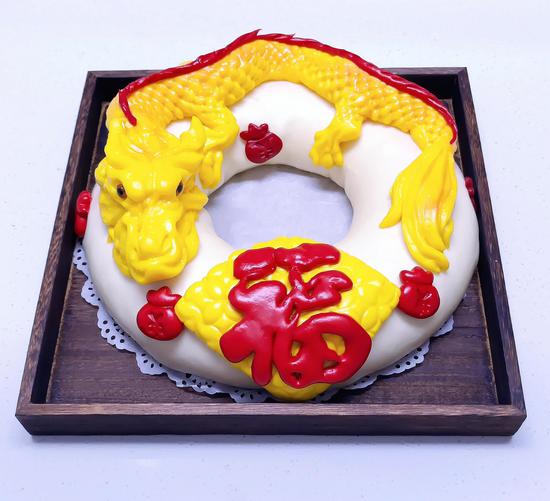
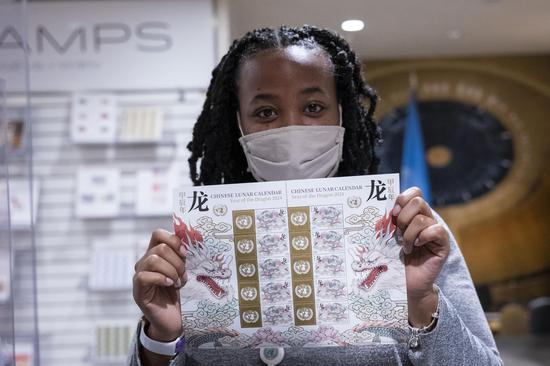


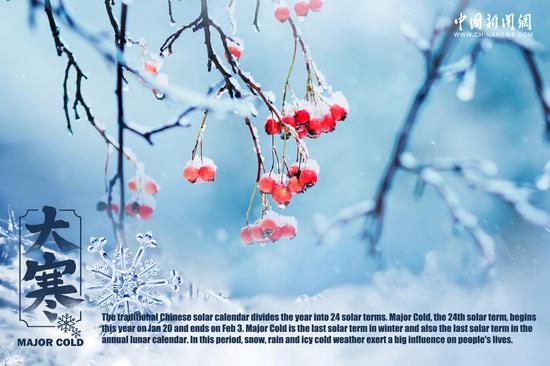
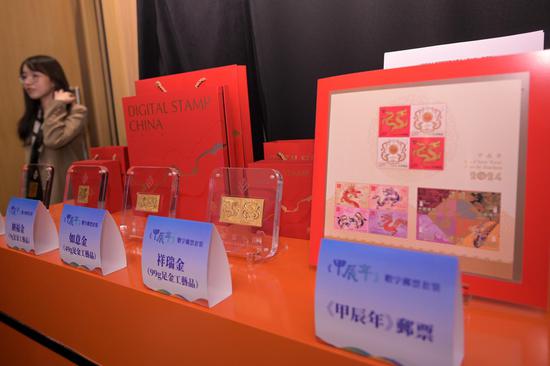
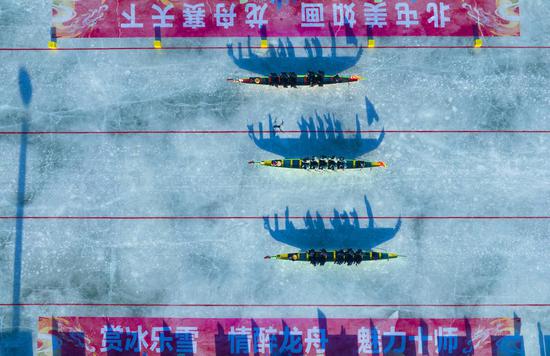







 京公网安备 11010202009201号
京公网安备 11010202009201号